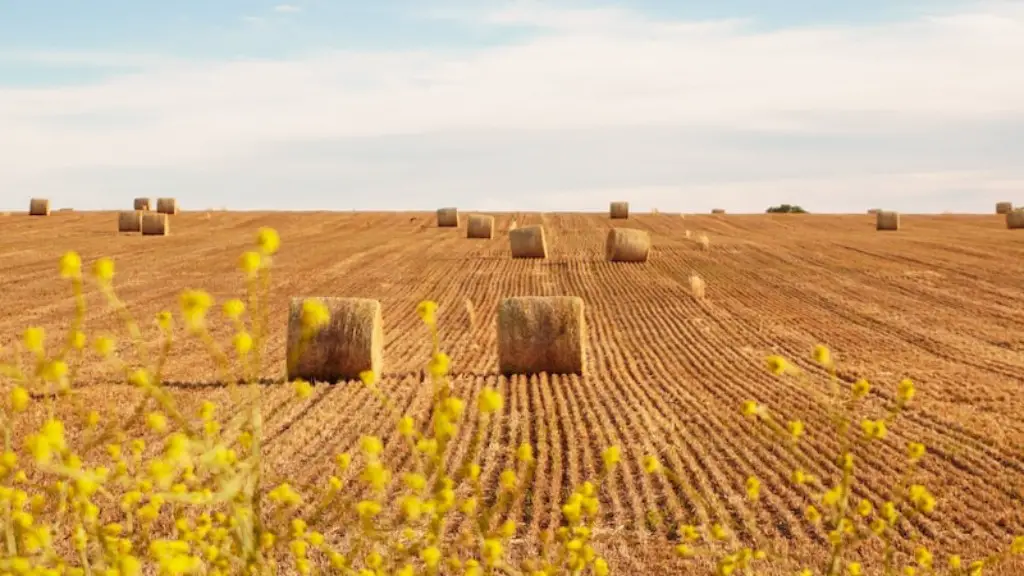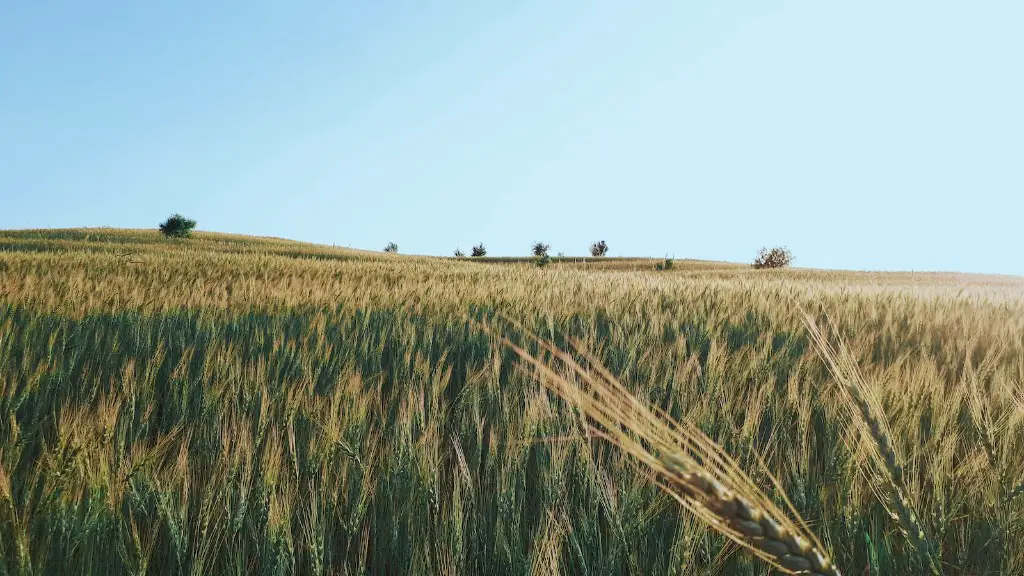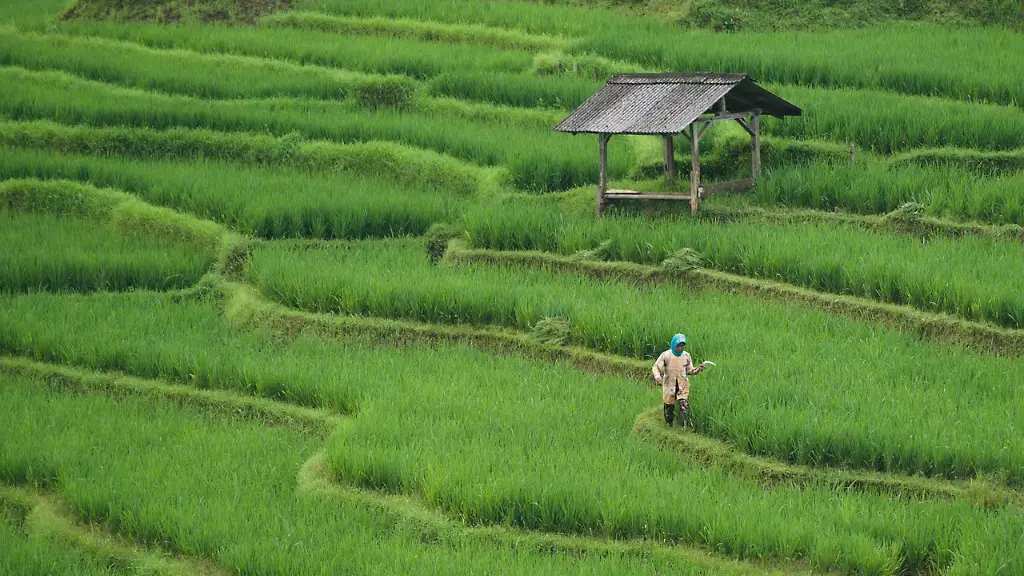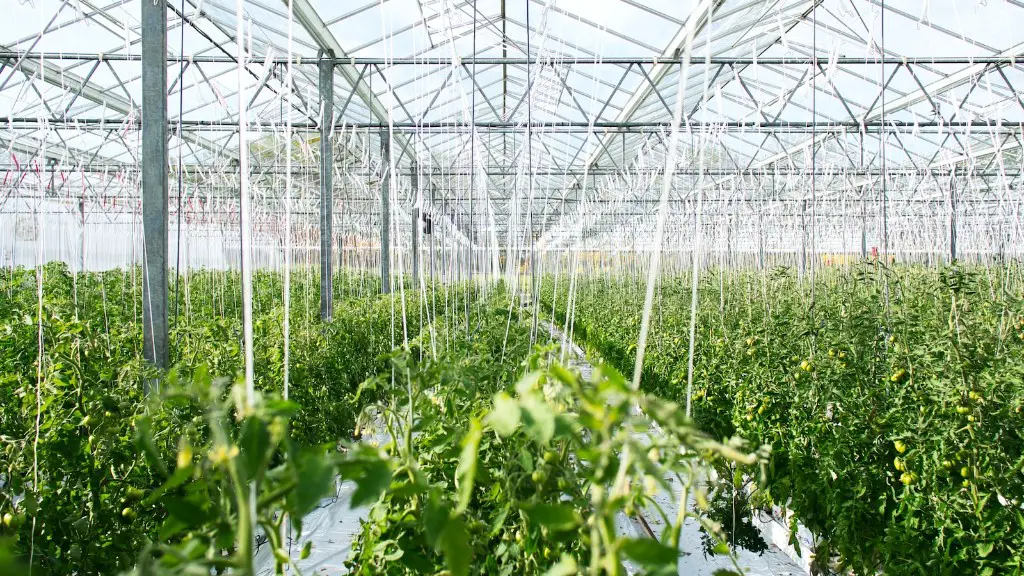Vocational agriculture is a type of agriculture focused on providing training in specific, agricultural-related trades and crafts. It typically includes practical, hands-on experience in addition to formal classroom instruction. Students in vocational agriculture programs learn about topics such as crop and animal production, farm management, soil science, and agricultural mechanics.
Vocational agriculture is a type of education that prepares students for careers in agriculture and related fields.
What is meant by vocation agriculture?
Vocational agriculture trains people for jobs in such areas as production, marketing, and conservation. College agriculture involves training of people to teach or conduct research in order to advance the fields of agriculture and food science. General education informs the public about food and agriculture. All of these areas are important in order to maintain a healthy and productive food system.
The Agricultural Career Technical Education Incentive Grant (ACTEIG) was established in order to maintain a high-quality, comprehensive agricultural vocational program in California’s public school system. The grant provides funding to support program costs associated with agricultural career technical education, including instructor salaries, equipment, and supplies. The goal of the ACTEIG is to ensure a constant source of employable, trained, and skilled individuals in the agricultural industry.
Does a vocational mean
The word “vocational” comes from the Latin word “vocātiō”, which means “a call or summons”. A vocational school is a type of educational institution that provides training in a particular trade or occupation. Vocational students are those who are enrolled in a vocational school.
The Smith-Hughes National Vocational Education Act of 1917 was an act of the United States Congress that promoted vocational education in “agriculture, trades and industry, and homemaking.” The act provided federal funds for vocational education programs and established the Office of Vocational Education to administer the programs. The act was named for its sponsors, Senators Hoke Smith and Augustus Owsley Stanley.
What is vocational example?
Vocational skills are practical skills that help an individual become proficient in a trade or profession. These skills prepare you to work in a skills-based career, such as working as an artisan, carpenter, mason, electrician and other trades and crafts.
The Roman Catholic Church recognizes marriage, religious, and ordained life as the three vocations. Marriage is a sacrament in which two people are united in a lifelong covenant of love and fidelity. Religious life is a vocation in which one dedicates oneself to prayer and service. Ordained life is a vocation in which one is called to serve the Church as a deacon, priest, or bishop.
What are 3 things you should consider when choosing a vocational program?
There are a few factors you should consider when choosing trade schools, such as:
1. Talk to instructors – get a feel for the school and the instructors to see if it’s a good fit for you.
2. What trades are offered – make sure the school offers the trade you’re interested in.
3. Compare school costs – get an idea of the tuition and other costs associated with each school.
4. Understand coursework – be sure you know what you’ll be learning and if it’s something you’re interested in.
5. Consider job placement rates – find out what the job placement rates are for each school you’re considering.
6. What type of accreditation does the school have – make sure the school is accredited by a reputable organization.
Vocational education training has many advantages. The focus on practical skills helps students learn by doing. This type of education prepares students for the global stage by building better relationships with classmates and professors. It also awakens passions and adaptable programs.
Which of the following is providing vocational training in agriculture
The first KVK in India was established in 1974 at Puducherry. There are now more than 700 KVKs in India, with a majority of them located in the rural areas of the country. The KVKs are run by the Indian Council of Agricultural Research (ICAR), with the support of the Ministry of Agriculture and Farmers Welfare.
The KVKs offer a variety of training programs for farmers, extension workers and other rural stakeholders. The programs are designed to disseminate latest agricultural technologies and practices among the farmers. The KVKs also undertake various research and development activities related to agriculture and allied sectors.
A vocational degree is a certificate from an academic institution that is awarded to students who have completed degree requirements for a specific field or trade.
Vocational degrees are different from traditional degree programs, such as bachelor’s degrees or master’s degrees, in that they are designed to prepare students for a specific career. Typically, vocational programs include both academic coursework and hands-on training in the field.
Vocational degrees can be beneficial for students who know what career they want to pursue, as they can provide the skills and knowledge necessary to enter the workforce. For students who are undecided on a career, a vocational degree can also be a good way to explore different options and gain exposure to different fields.
What is a vocational job?
A vocational job is a career that specializes in a very specific field. Vocational jobs are considered skilled labor and may require licenses or certifications to perform duties.
VTQs are great for people who want to get a specific job or broaden their career options. They help you get the skills you need to start your career or advance to higher levels of education. VTQs focus on a specific job or a broad employment area, such as childcare, engineering or IT. This makes them ideal for people who want to gain new skills or improve their existing skills.
Who established vocational agriculture
The Smith-Hughes National Vocational Education Act establishes vocational agriculture courses Henry Groseclose, an agricultural education instructor from Blacksburg, Va, organizes the Future Farmers of Virginia for boys in agriculture classes Soon similar groups are established across the country. The act and Groseclose’s work lead to the creation of the National FFA Organization in 1928. The FFA is a youth organization that helps students develop leadership skills and learn about careers in agriculture.
The Smith-Hughes Act, formally known as the National Vocational Education Act, was US legislation that was adopted in 1917 in order to provide federal aid to the states for the purpose of promoting precollegiate vocational education. This Act helped fund education in agricultural and industrial trades, as well as in home economics. Over time, this Act proved to be instrumental in helping many Americans gain the skills and training necessary to find success in a variety of careers.
What was the name of the act that allowed vocational agriculture to exist?
The Smith-Hughes Act of 1917 was the first legislation to explicitly recognize and support vocational agriculture, home economics, and the trades and industries as legitimate fields of study. Commercial education was also mentioned in the legislation, but there were no provisions to pay the salaries of these teachers. This act laid the groundwork for the federal government to support vocational education programs in the future.
The terms “employment,” “occupational,” “job-related,” and “work-related” are often used interchangeably in relation to people’s work lives. However, there are some important distinctions between these terms. Here are some key points to keep in mind:
– “Employment” refers to the overall relationship between an individual and their employer. This includes things like job duties, compensation, and other terms of the employment agreement.
– “Occupational” refers to an individual’s specific job or field of work. This term is often used to refer to the training and education required for a particular job.
– “Job-related” refers to anything that is related to an individual’s job. This could include things like work-related skills, knowledge, or experience.
– “Work-related” refers to anything that is related to an individual’s work. This could include things like work environment, work schedule, or work tasks.
What is the difference between vocational and vocational
A vocational school is a type of educational institution that provides training in a particular trade or skill. These schools are also sometimes called trade schools or technical schools. A student who attends a vocational school can learn the skills necessary to enter into a particular trade or career.
Vocational education and training is a great way for students to get a head start on their chosen career path. These programs are rigorous and provide students with the credentials and training they need to get started right away in their chosen field. finishing a vocational education and training program is a great way to set yourself up for success in your chosen career.
Warp Up
Vocational agriculture is a field of study that prepare students for careers in the agricultural industry.
Vocational agriculture is a field of agriculture that focuses on the practical applications of agriculture. It is a form of applied science that deals with the production, processing, and marketing of agricultural products. Vocational agriculture is a hands-on approach to agriculture that prepare students for careers in the agricultural industry.





